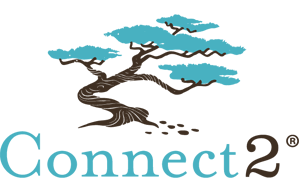For some reason, a lot of the books I’ve recently been picking to read on my Kindle end up being about or including the death of a child. Go ahead, and click away now if you want – it is every parent’s worst nightmare. It also is an important part of my work where couples counseling and grief counseling intersect.
In the novel “Enon,” a father turns to and abuses prescription drugs after his daughter dies and his wife leaves. He eventually realizes he is re-enacting violence upon himself as there was violence done to his daughter through a car accident. Barbara Eden (of “I Dream of Jeannie” fame) had a child die when Eden was about eight months pregnant, and later her eldest son became an addict and died of an overdose. In “Heaven is Real,” the mother has a miscarriage.
There’s a myth that couples who have a child die mostly get divorced, but research done by The Compassionate Friends show only about a 9% divorce rate once the other factors are removed. The truth is, little cracks in the relationship will likely become more pronounced, come into the light, show with greater topography. Also true: As the parents, no one else knew your child like you do. However, be prepared to grieve differently from one another. Also look for what you share in common instead of how the other is doing it ‘wrong.’ There is no right – or wrong – way to grieve. You can learn to become anchors for each other.
The time we feel least able to do anything about our marriage is the time to address issues, in between grieving together and alone.
Each time I come across these deaths, part of me wants to put the book aside and find a distraction (my blog! the dishes!); the rest of me wants to honor that child and those families, so I keep reading. I know that even the word “honor” can make certain grieving parents angry, so please take that word in the care from which I use it.
Often parents need to find both emotional expression and tangible action to help manage this type of loss. Notice I don’t say “Get over it,” as that’s not how it works.
The journey of a child loss is long and arduous; people will surprise you and show up along the way; people will disappoint you and disappear. Please keep talking about your child and say his or her name aloud; don’t erase him or her by being silent; that makes it even worse.
If you’re a condoler, and worried about reminding your friend or acquaintance of the pain, please know s/he’s already thinking about his or her child so go ahead and bring it up. The parent can choose to talk about it – or not. It’s better to err on the side of trying to condole.
There are better things than others to say, however. For help with what to say and not say to someone who is grieving, please see my free pamphlet, The Language of Grieving.

